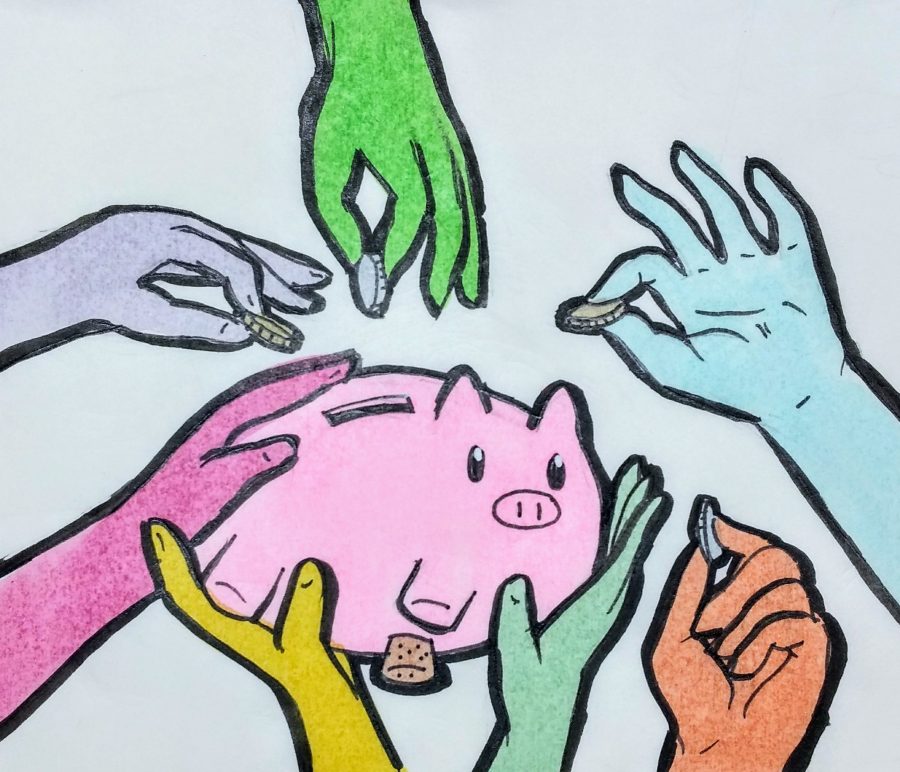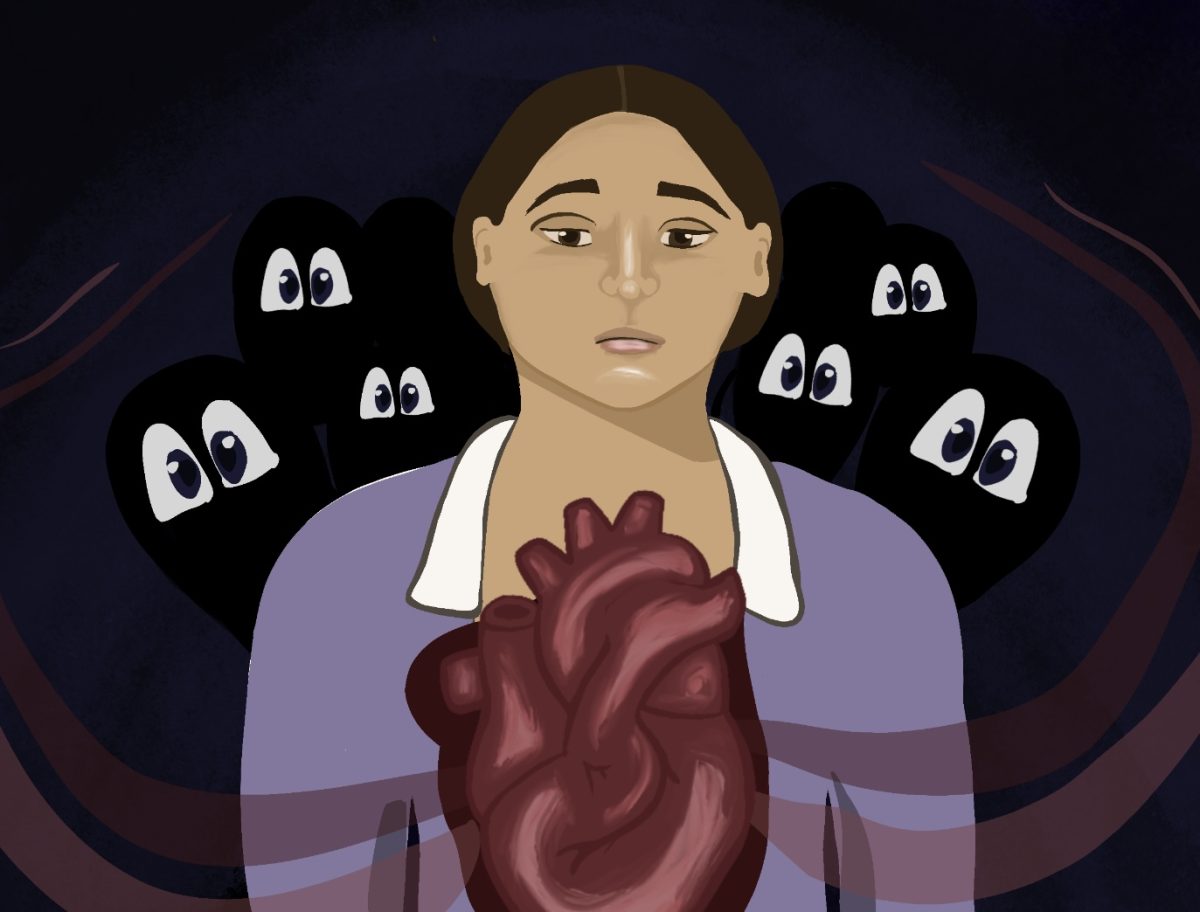To better students’ minds, universities must do more than improve healthy minds — they must nurture ill minds back to health. UT has too many ill minds. We kids aren’t alright.
Our campus is in the grip of a mental health crisis. There is no panacea for this debacle. Ending it will require psychologists, and it will require investment. Few students are rich enough to make such investments. Even fewer are certified psychologists. Leave the procurement of psychologists and money to the UT Counseling and Mental Health Center and student government.
However, it is awfully hard for professionals to relieve someone’s suffering if they’re unaware of their misery. Here, students can play a vital role: They can act as a conduit between suffering friends and mental health services. Resolving this crisis will require psychologists, student government and, above all, students.
There is too much suffering at UT.
Released in spring 2017, a University Health Services study illuminates the startling extent of mental illness on campus. Within the last twelve months, 1.1 percent of students had attempted suicide. That’s 561 people. A further 5.5 percent of students had considered suicide. That’s 2,805 students. And 24.1 percent felt that things were hopeless. That’s 12,291 people. People you know — people I know.
There are too few free services at UT.
Two weeks ago, SG debated Joint Resolution 4. It would urge increased funding for counseling services in order to prioritize free services. At UT, students must pay $10 each time they need counseling. In an earlier interview with The Daily Texan, resolution co-author Madison Huerta said that the resolution is partially intended to raise awareness. Students must consistently lobby for free mental health services in forums such as these.
There is a pernicious stigma at UT.
Many of those with mental health problems fear the stigma that surrounds mental health. According to the CDC, 43 percent of adults with mental health problems believe that people are unsympathetic toward them. Students with mental health woes fear that their peers will stigmatize them. But vast swathes of us are in the grip of those woes.
To play our part in fixing this mess, we must honestly confront the culture of stigma surrounding mental health. We must be conduits between mental health services and suffering friends by referring friends to existing services and lobbying for accessible, affordable ones. Too many of us are suffering to sit back and carelessly pretend that all is well.
If we watch our peers suffering and resolve to do nothing, then we, too, are afflicted. In that case, we are not just afflicted with unhealthy minds but with diseased hearts. If universities exist to better minds, then everyone must mobilize to make ill minds better.
Howell is a history sophomore from Dallas.


















